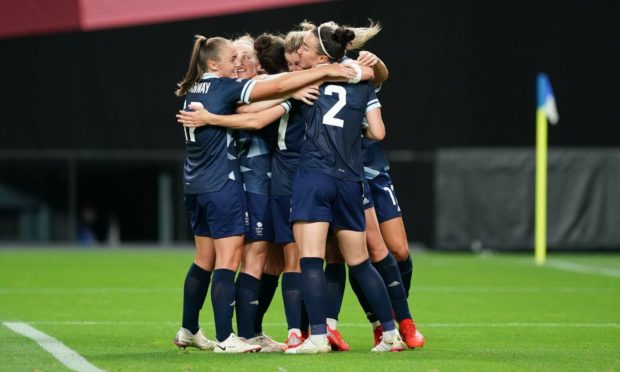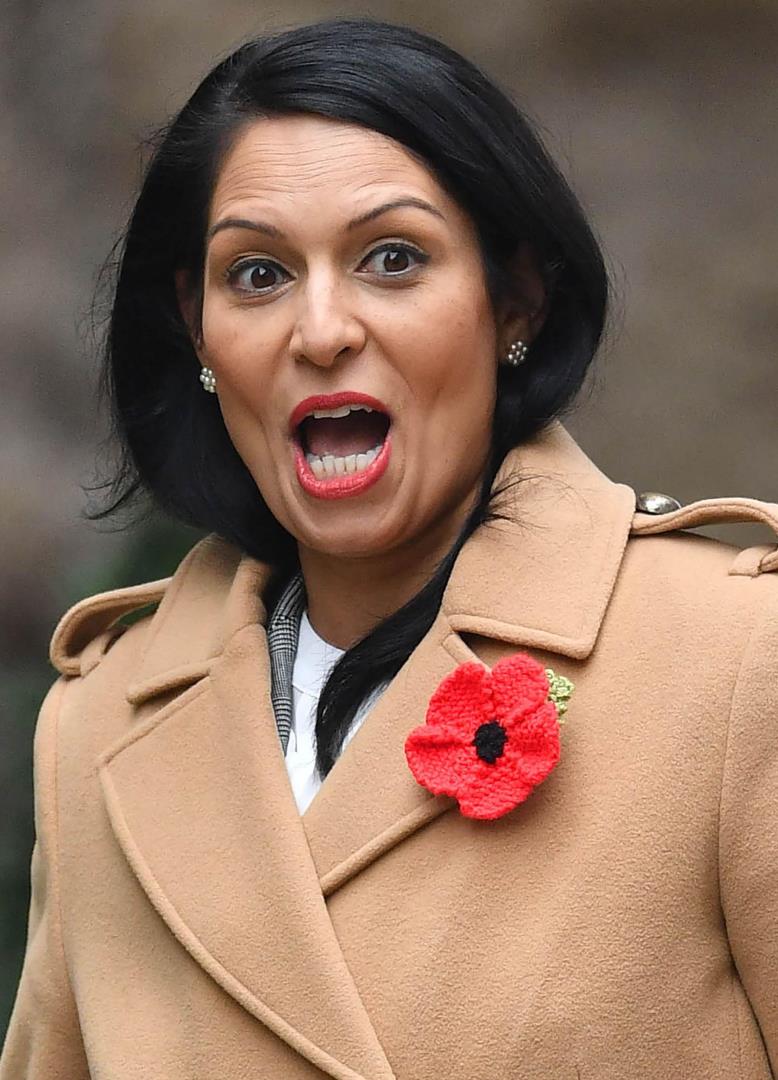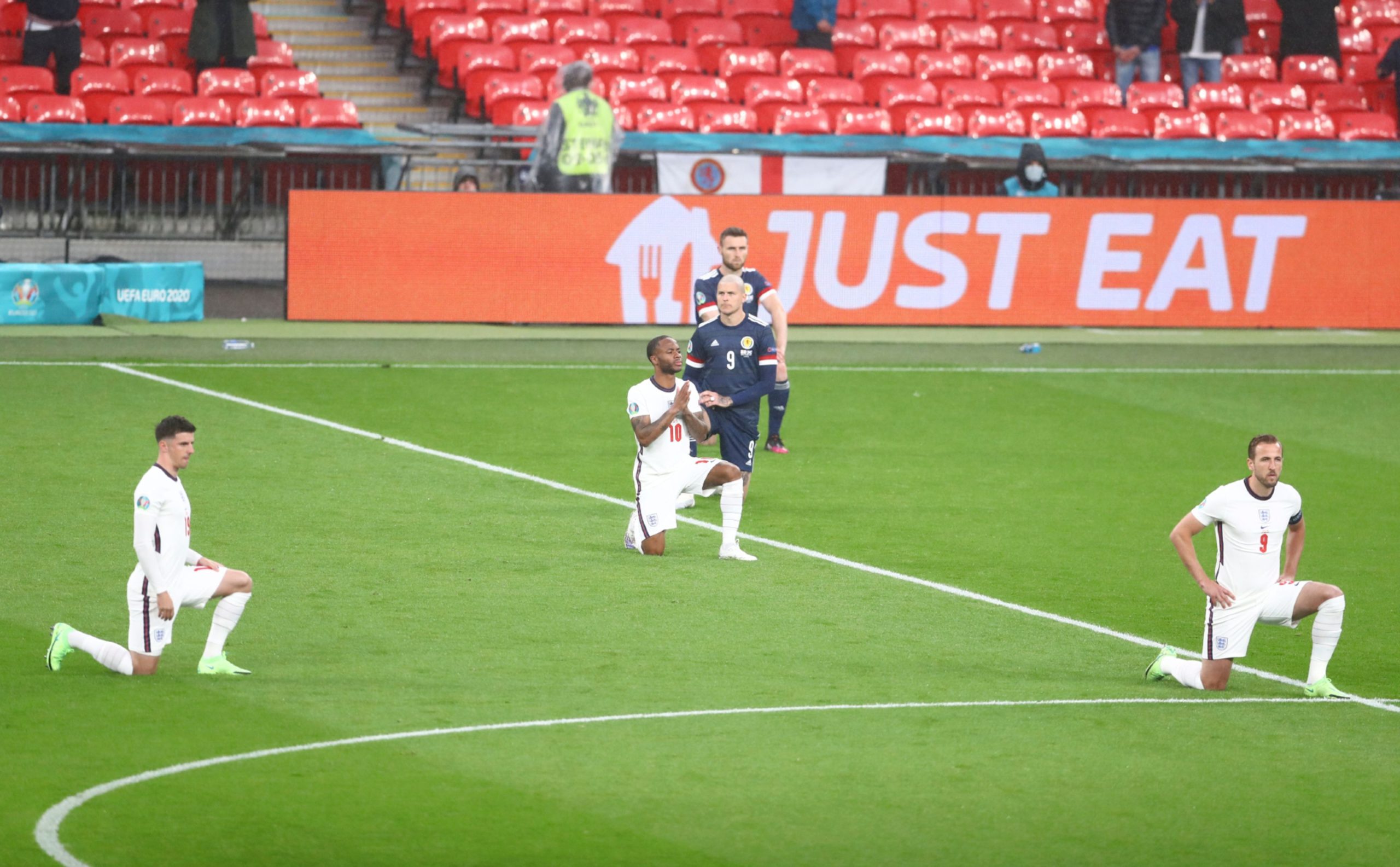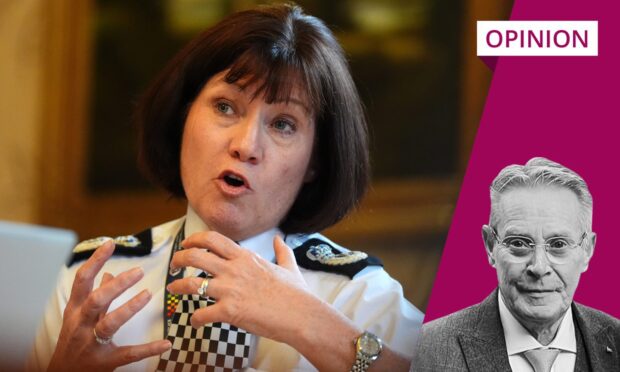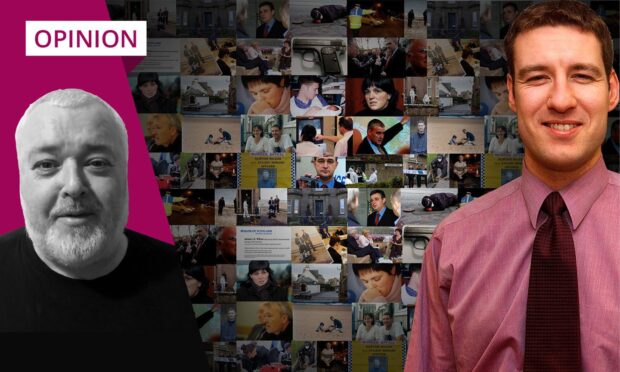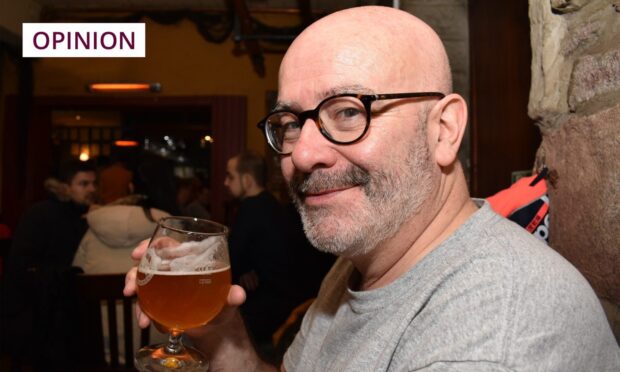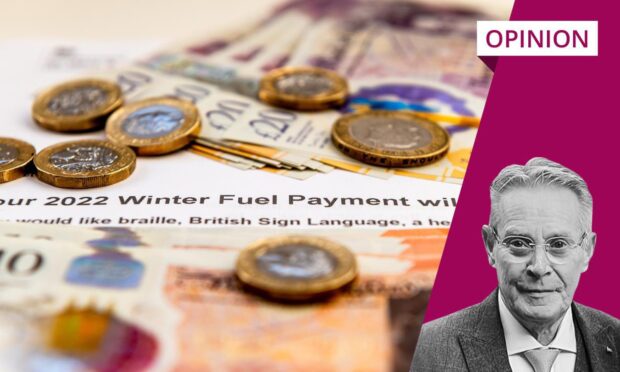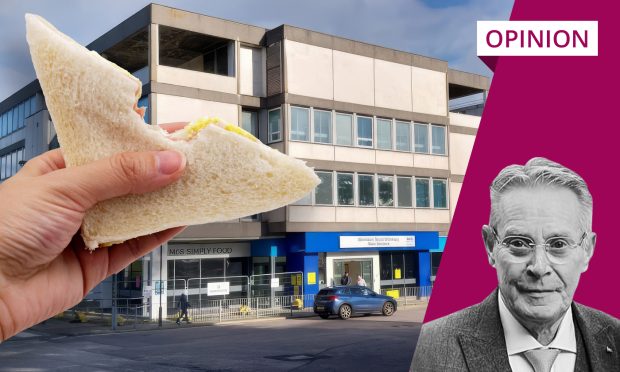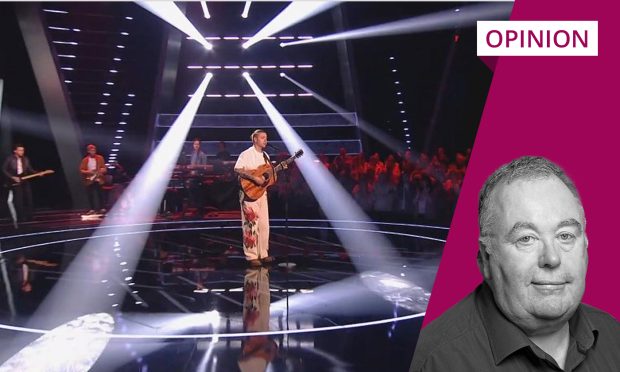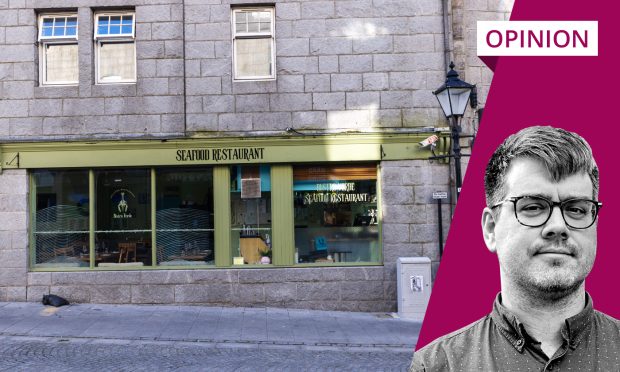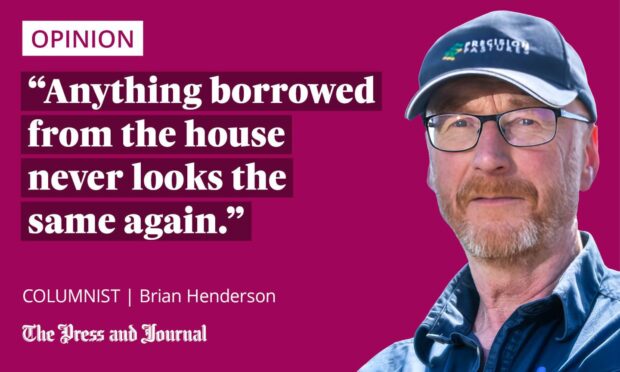As the Tokyo Olympics get underway this week, the controversy surrounding the anti-racist stance of “taking the knee” continues.
The British women’s football team has already done so in their first match, despite home secretary Priti Patel’s witterings about “gesture politics”.
Bit rich coming from a party which has excelled at empty posturing, including applauding the NHS each week, then suggesting staff get back to the Covid coalface with a derisory pay rise.
The government’s gratitude rhetoric was like a giant gift box which, when stripped of its beautiful paper and ribbon, turned out to be empty. That’s the thing about gestures: they are only offensive when they have no substance and no integrity.
Come Remembrance Day, will Patel and her colleague, Brendan Clarke-Smith, dismiss the wearing of poppies as “gesture politics”? Or will they wear their flowers like they singlehandedly organised the Dunkirk evacuations?
Taking the knee is not comparable to a Nazi salute
Clarke-Smith has dubbed the Black Lives Matter movement “sinister”, suggesting its motives include “crushing capitalism, defunding the police, destroying the nuclear family and attacking Israel”. (Psst! Brendan! You missed abolishing the monarchy, threatening heterosexuality and destroying civilisation as we know it.)
Amazing, isn’t it, what 12 carefully chosen words can tell you about a person? Better than a biography.
Clarke-Smith even likened “taking the knee” to British football players being “forced” to make a Nazi salute when playing Germany in 1938. Forgive me for nit-picking but doesn’t taking the knee symbolise racial equality, while the Nazi salute symbolises the ethnic cleansing of six million Jews?
But, then, Clarke-Smith also thinks food banks are an unnecessary “political weapon”. Sounds like the political equivalent of motor-mouth Katie Hopkins, with similar difficulties in synchronising brain and mouth. Oh, that he were as easily deported as she was from Australia.
Sport is political – along with everything else
Interestingly, Britain’s women’s football team have interpreted racism broadly, electing captains from Scotland, England and Wales to represent the team. “Taking the knee,” their statement said, “is an important symbol of peaceful protest against discrimination, injustice and inequality in society… we are glad that the IOC [International Olympic Committee] have acknowledged the importance of this form of freedom of expression.”
We all need to stand up for things we believe in. Taking the knee is simply public acknowledgement of a problem – and maybe public education about it
The argument that politics should be kept out of sport is repeatedly trundled out. But how can it be? Everything is political.
Going to a shop is political. Is it Harrods or Primark? Are you stealing or buying? Are the goods there produced on fair work values or the sweat of third world labour?
The Olympics is a global event that is about international power and prestige. Their contracts are big business. Athletes who perform there have as much right – and responsibility – as anyone else to bring political awareness into their workplace.
Indeed, England’s football manager, Gareth Southgate, has encouraged his players to “recognise the impact they can have on society” and to “stand up for their teammates and the things that matter to them as people”.
Dead right. Because we all need to stand up for things we believe in. Taking the knee is simply public acknowledgement of a problem – and maybe public education about it.
Sincere gestures have great symbolic importance
Patel, in some strange sell-out – I have “made it” so the problem is now officially over – is doing the political equivalent of standing with her fingers in her ears shouting “la, la, la”.
As is football pundit, Gary Lineker, who objected to a joke in Have I Got News for You. (Could somebody please explain the show’s format to him? It’s satire for heaven’s sake.)
The joke was that football couldn’t weed out racists because they’d be left with a crowd of 12. Not so satirical then.
Lineker’s affronted assertion that racism affects only a “tiny minority” in football would be funnier than HIGNFY’s joke if it weren’t so delusional. Racism in sport is routine – with Lewis Hamilton this week’s victim – but in football it is endemic.
I am disgusted that @England players who have given so much for our country this summer have been subject to vile racist abuse on social media.
It has no place in our country and I back the police to hold those responsible accountable.
— Priti Patel (@pritipatel) July 12, 2021
Footballers themselves need to challenge that problem – and not in the half-hearted way Patel does. Having criticised taking the knee prior to the Euros, she had the temerity to issue a statement expressing “disgust” at the racist backlash against Rashford, Sancho and Saka who missed England’s penalties against Italy. Gesture politics? Certainly too little, too late.
Criticising taking the knee ignores the symbolic importance of gesture in all our lives. A kiss, a thank you, a gift, a handshake, a hug: they all mean something if they are sincere.
Sure, gestures can be hollow. They can also be indications of deep respect. And there’s nothing empty about that.
Catherine Deveney is an award-winning investigative journalist, novelist and television presenter
